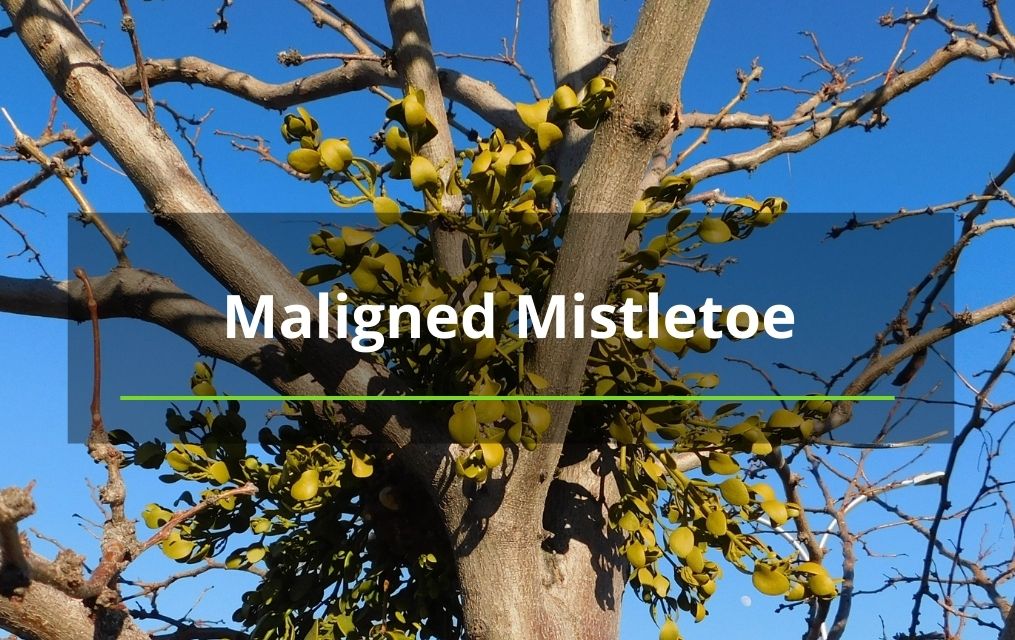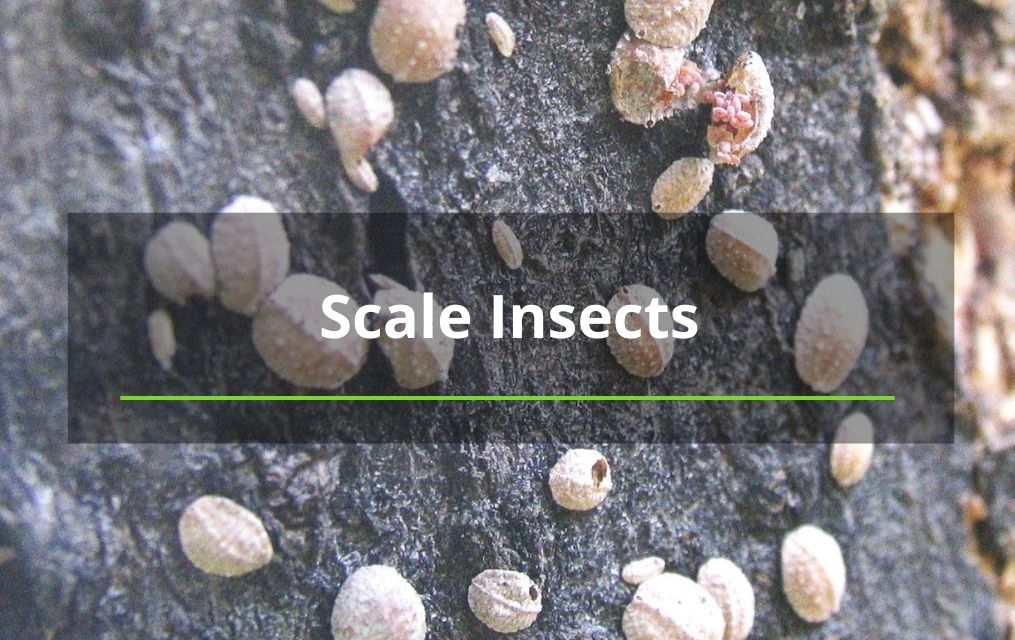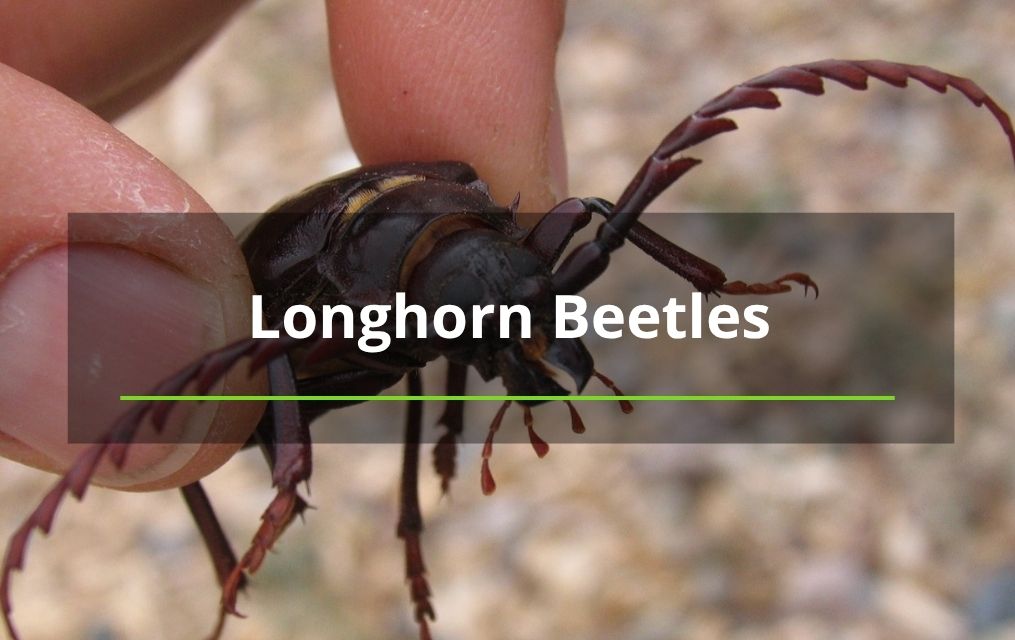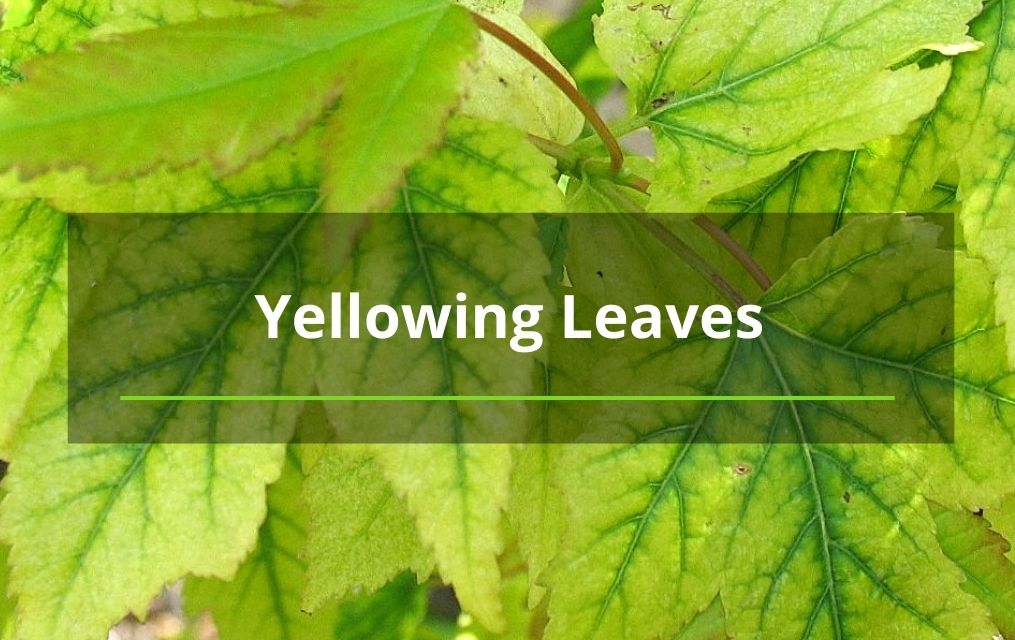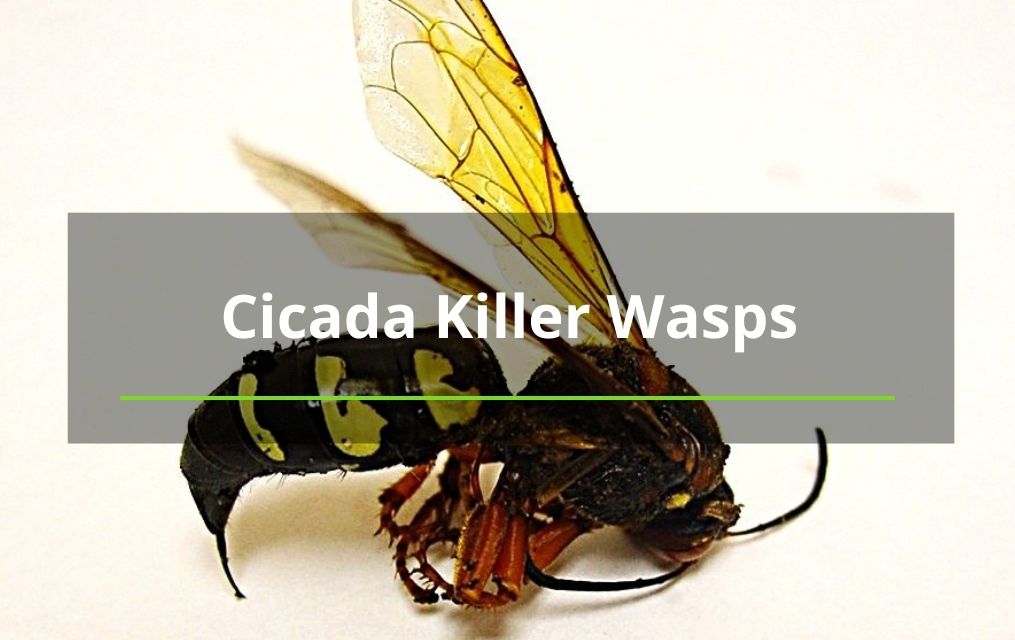Blogs
Aphids
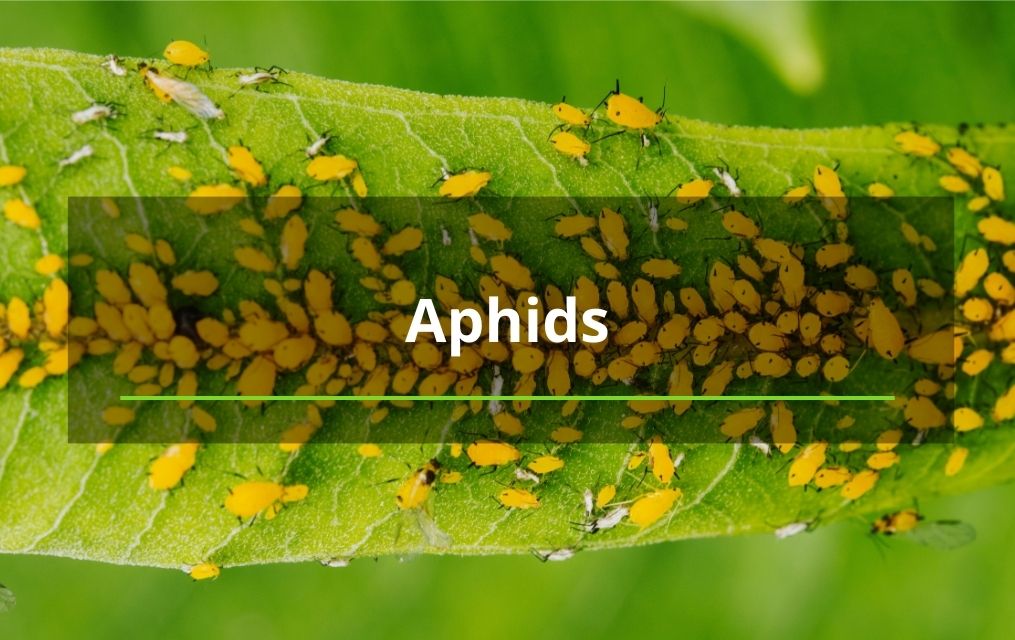
Bug of the Month: Aphids
Aphids are like the candy of the insect world. They have small, soft bodies, don’t move fast if at all, and are quite numerous. Many beneficial insects feed on aphids – ladybird beetles, green lacewings, syrphid flies and tiny parasitic wasps. It’s usually the larva of all these insects that do the aphid predation; the adults may be vegetarian, feeding on pollen and nectar.
Most aphid species are all female. In the spring, an egg that overwintered hatches, and a female “stem mother” emerges. She gives live birth to clonal daughters, which themselves may already be pregnant (called telescoping generations). The population increases very quickly, and usually within a few weeks the predators show up. The race is on! The aphid strategy is to be so numerous that they don’t all get eaten. Sometimes ants protect the aphids, as they like to feed on the drops of honeydew that the aphids excrete.
Aphids can cause a lot of damage in agricultural settings, but in landscapes they are much less of a worry. The first control step is to wait and watch – see if the beneficials show up. The next step would be vigorous washing with the garden hose. If that doesn’t slow them down enough, consider using an insecticidal soap or horticultural oil, like neem oil. At Legacy Tree Company, we believe in encouraging wildlife to share our outdoor spaces and we can help you understand and manage your landscape for all its inhabitants.
Contact us to find out why we are considered the best tree service in Albuquerque.



